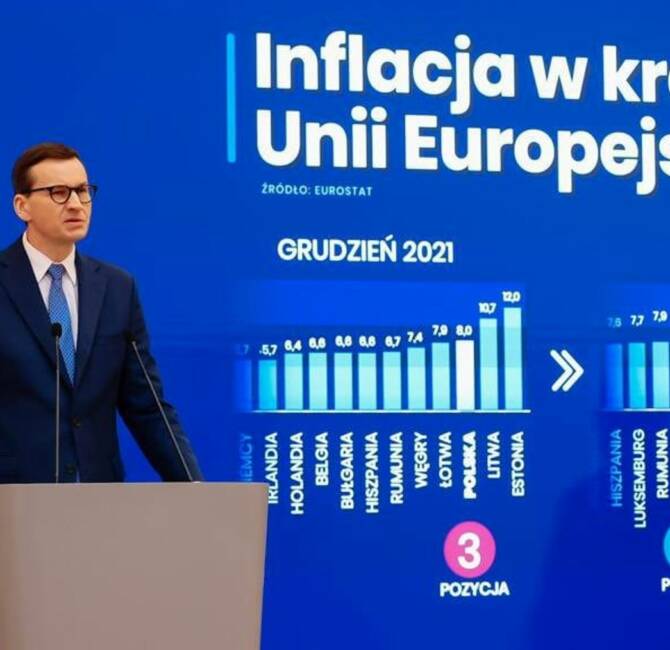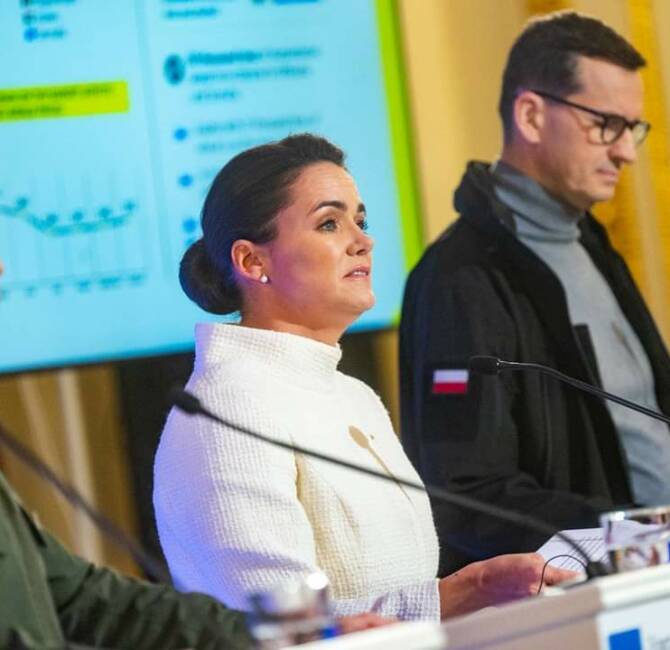Croatia – On 1 January 2023, Croatia abandoned its national currency, the kuna, to become the eurozone’s 20th member state – at the same time as it joined the Schengen borderless travel area. The kuna will now remain in use, in parallel with the euro, only until 15 January. The conversion rate is 1 euro for 7.534 kuna. As officials rejoice at the monetary aspect of this new stage of integration into Western Europe, many ordinary citizens are already becoming disillusioned with the new prices, which are often rounded up by retailers taking advantage of the currency change to push up their margins.
On Monday, the President of the European Central Bank (ECB), Christine Lagarde, welcomed “Croatia to the euro family and to the ECB Governing Council table in Frankfurt”, saying:
“Croatia worked hard to become the 20th member of the euro area, and it succeeded.
(…) It shows the euro is an attractive currency, which brings stability to its members.”
The governor of the Croatian central bank, Boris Vujčić, also expressed his satisfaction at the move: “Croatia is the country that stands to profit the most from entry into the eurozone.”
European Commission President Ursula von der Leyen congratulated “Croatia on this historic double achievement of joining the euro area and the borderless Schengen zone”,
and she added: “The euro will bring great economic and social benefits to Croatia’s people and businesses. It will lower barriers for companies, reduce costs for importers and exporters – leading to more choice and better prices for consumers. Together with Schengen membership, adopting the euro will give an extra boost to Croatia’s crucial tourism sector.”
In practice, however, the change of currency is having the same initial effect as was observed when other countries adopted the euro: price hikes. By the third day of January, the country’s authorities had already noted no less than 1738 violations of the law on the changeover to the euro.
Croatia’s Economy Minister Davor Filipović even called for an urgent round table with major retail chains to discuss this serious problem, warning that
“all options are on the table, from black lists to a freeze on prices on a wide array of products” and that “Croatian citizens and the government demand a lowering of prices.”
The Croatian Employers’ Association took this as “threats”,
but, following a meeting with retail distributors, Filipović confirmed his words, reiterating that the Croatian government would intervene if traders raised their prices due to the currency change.
“What I said to the retail chains today, and what I say to those who are going to try to profit from the changeover and make a profit at the expense of our citizens, is that they will not get away with it and that the government will do everything in its power to protect the standard of living of our citizens”,
Filipović explained.
The Croatian government has thus confirmed that the switch to the European currency is being taken advantage of by some to raise their prices, something other Eurozone governments had chosen to deny in the past when confronted with the same situation.




